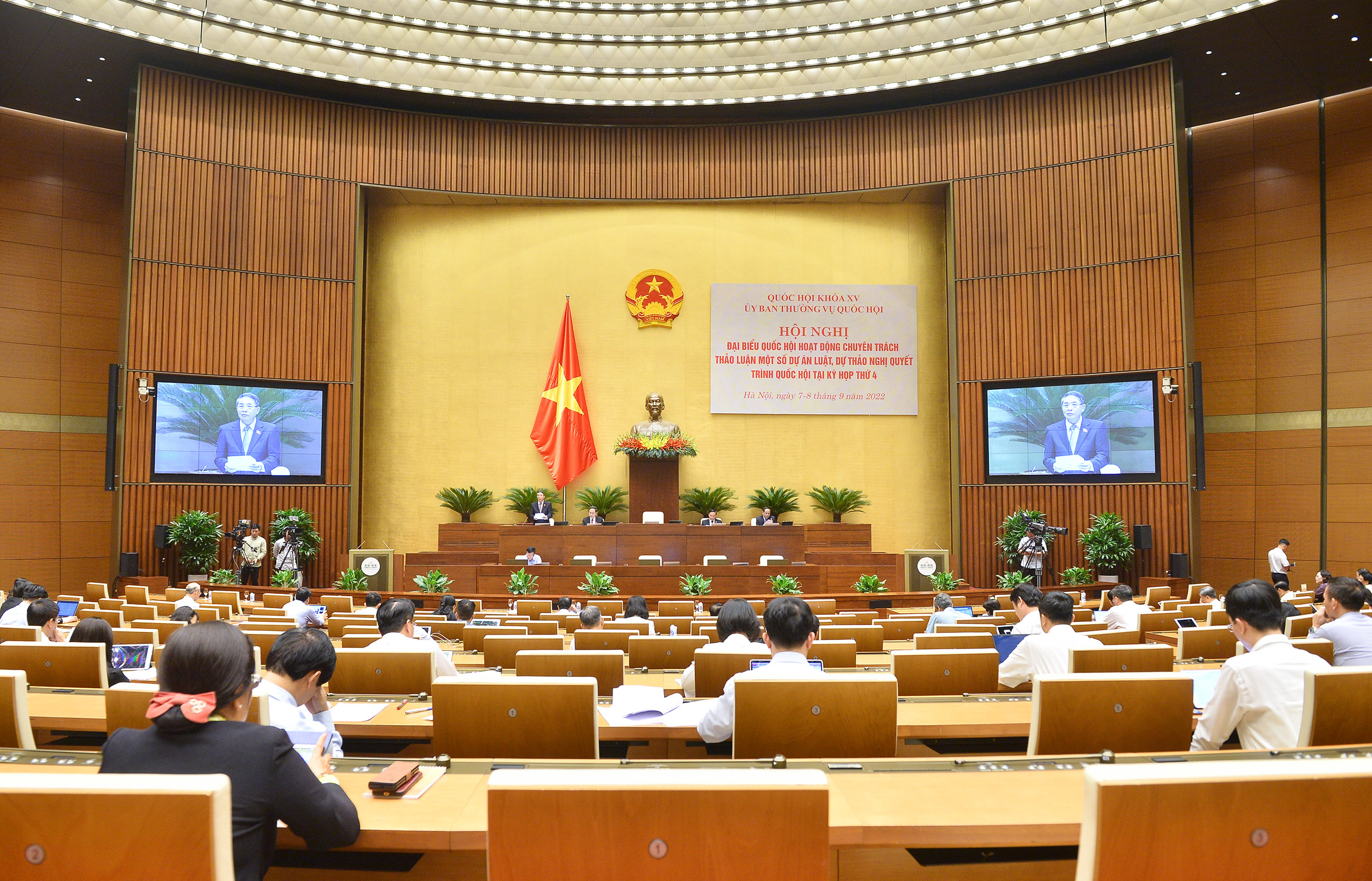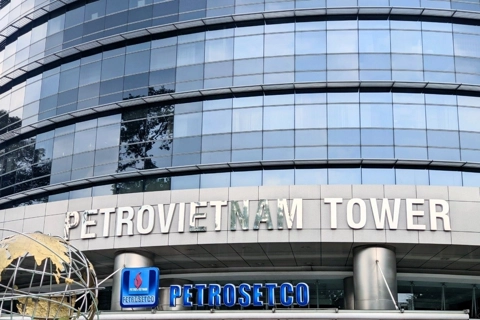Vietnam at high risk of crypto money laundering
Vietnam is among the top 10 countries with the largest number of cryptocurrency holders, posing a high risk of money laundering and being a route for criminals to exploit for terrorist activities.
Vietnam has a large crypto community, but the fact that cryptocurrencies are not considered legal tender and exchanges has heightened the risk of money laundering via virtual currencies and assets.
| Overview of the session. Source: quochoi.vn |
National Assembly deputies shared the view during a discussion session on the revised Law on Prevention of Money Laundering on September 7.
According to Deputy Duong Van Phuong (Quang Nam Province), Vietnam is among the top 10 countries with the highest number of cryptocurrency holders, which poses a high risk for money laundering and is a route for criminals to exploit for terrorist activities.
“Criminals can turn dirty money via illegal means into a clean one, and then finance terrorist activities via the transaction of cryptocurrency in different countries,” Phuoc said, referring to recent large-scale gambling or money laundering ring that was arrested by the police who turned to cryptocurrency as a medium of exchange.
“The lack of regulations and law on cryptocurrency management are making it hard for the authorities to tackle cryptocurrency and virtual assets criminals,” he said.
Phuoc called for the revised Law on Prevention of Money Laundering to address this issue, saying this would not only comply with recommendations from international agencies in combating international money laundering, but also secure national financial security and prevent financial technologies from being abused for illegal activities.
On this issue, Governor of the State Bank of Vietnam (SBV) Nguyen Thi Hong said there have been clauses on the management of cryptocurrency and virtual assets in the upcoming Law.
Hong, however, noted there has not been specific regulation on licensing digital asset holders.
In this revised version of the law, the Government also added a provision on the obligation of assessing the risks of money laundering.
As such, every five years, the SBV would conduct a national risk assessment on the money laundering situation in Vietnam, subject to the Government’s approval, and plans to address the issue.
In addition, the SBV also noted a new aspect of the law is the supervision of suspicious transactions in each economic sector.
Vice Chairman of the NA’s Committee for National Security and Defense Nguyen Minh Duc expected the new clause to help better control money inflow-outflow via the banking system, but voiced concern over a similar tool for cash transactions, especially in the real estate market.
Duc referred to the case of laundering money in the stock market, which was later used for the purchase of the real estate, and requested measures to identify the origin of the money in real estate transactions.
He also questioned the issue of money laundering in the case of foreigners purchasing houses in Vietnam through channels other than banks.
“More specific regulations are required to prevent money laundering,” Duc said.
Duc requested the SBV and other ministries, including the Ministry of Construction, the Ministry of Finance, and the Ministry of Public Security to cooperate in detecting suspicious transactions, along with clear responsibilities of each agency in combating money laundering.
Following the discussion session, the revised Law on Prevention of Money Laundering is set to submit to the NA for approval in the 4th session in October.













